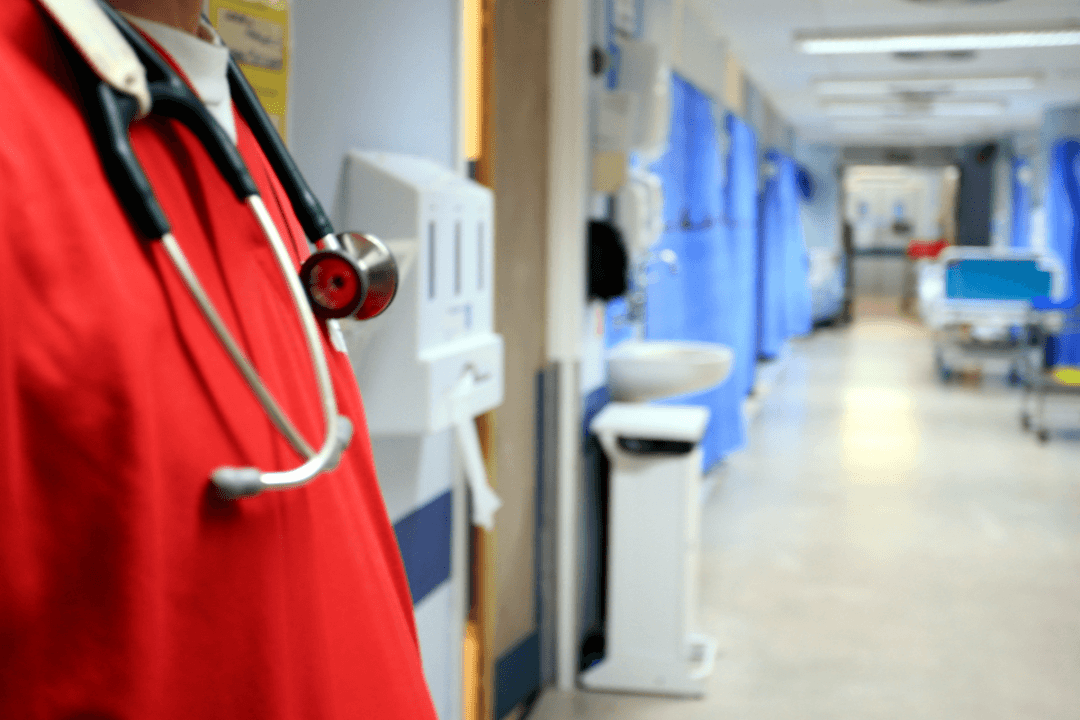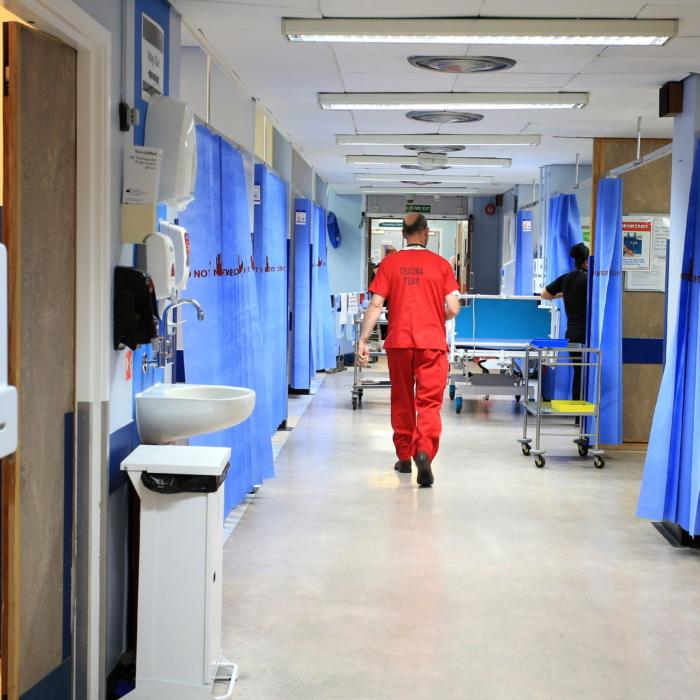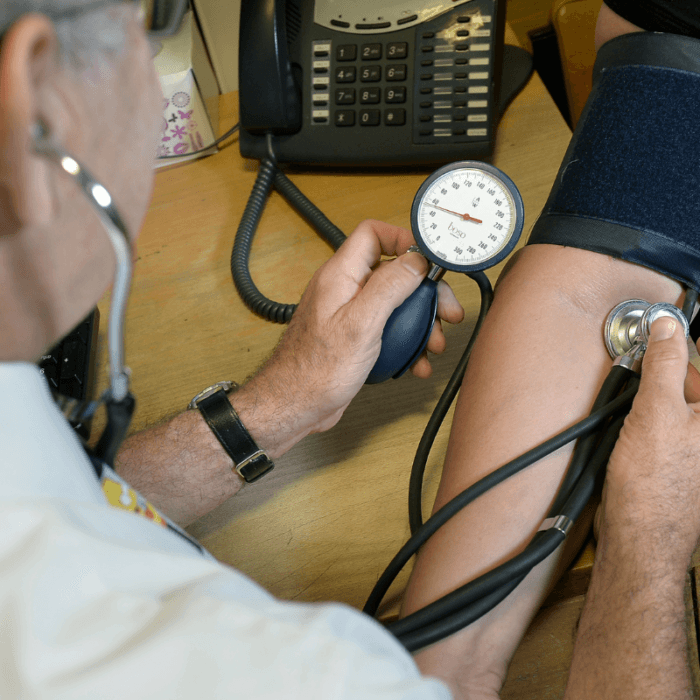Around 58,000 NHS staff in England reported experiencing unwanted sexual behaviour while at work last year, around one in eight employees across the whole health service.
Of all staff polled, 8.67 percent said they had received unwanted behaviour from patients, patients’ relatives, or other members of the public, and 3.84 percent said they had been targetted by other staff members or colleagues.
Victims varied by occupation type, with ambulance crew most likely to report incidents from patients and the public (27.31 percent) and staff (9.38 percent), followed by nursing and health care assistants (16.93 percent, 4.20 percent), and registered nurses and midwives (11.05 percent, 3.71 percent).
Anonymous Reporting
The health service said on Wednesday that staff will now be able to report incidents of sexual misconduct anonymously, which Pritchard said will make it easier for staff to report issues and “marks our serious commitment to stamping out this horrendous behaviour.”NHS England has issued new guidance on how to recognise and respond to disclosures of sexual misconduct, which comes off the back of a new legal duty on employers to prevent sexual harassment coming into force this month.
The health service’s new policy covering sexual misconduct can include a range of behaviours, including sexual assault and rape, sexual comments or jokes, unwanted touching or kissing, or staring at someone in a sexual way.
Similar Findings From Union
The NHS’s survey follows similar findings collected by the UNISON union, whose own survey published in April found that one in 10 NHS workers, including nurses, porters, ambulance workers, cleaners, and 111 call handlers, had experienced sexual harassment in the workplace at some point.According to the data from the survey of 12,243 health care staff across the UK, sexual assault was reported by 29 percent of those who had experienced some kind of sexual harassment. One quarter said they had experienced unwanted sexual advances, demand for sexual favours, or propositions.
Other complaints included being the target of suggestive gestures or leering, being subjected to crude jokes, receiving unwelcome messages of a sexual nature, and being exposed to offensive material, including pornography.
There were even reports of rape.
UNISON collected statements from respondents which detailed their experiences of sexual harassment, including one from a 111 call handler in Wales who described how “fairly frequently” people call the non-emergency medical helpline and “try to use it as a sex line.” The call handler described having to try to go through an assessment over the phone “whilst they are making sexual comments and crude jokes the entire time.”
Despite the serious—and in some cases, criminal—nature of the incidents, 51 percent did not report the incidents to their employers, owing to reasons including that they felt a lack of trust in the reporting process, believed their employer would not act on their complaint, or feared being considered over-sensitive.







